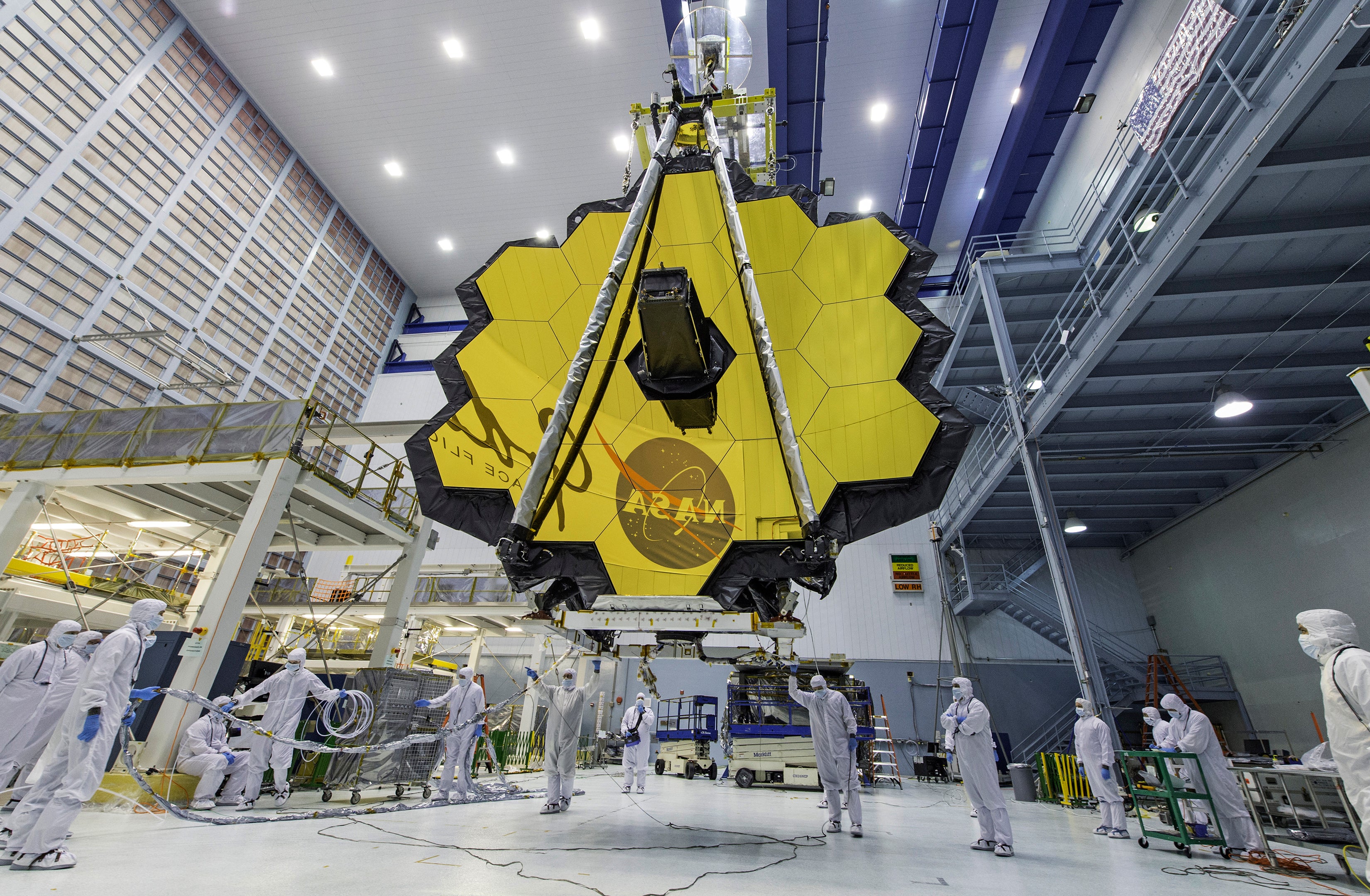James Webb telescope could reveal extra-terrestrial life forms, scientist says
The JWST will be able to detect molecules and elements in the atmosphere of other planets.

Your support helps us to tell the story
From reproductive rights to climate change to Big Tech, The Independent is on the ground when the story is developing. Whether it's investigating the financials of Elon Musk's pro-Trump PAC or producing our latest documentary, 'The A Word', which shines a light on the American women fighting for reproductive rights, we know how important it is to parse out the facts from the messaging.
At such a critical moment in US history, we need reporters on the ground. Your donation allows us to keep sending journalists to speak to both sides of the story.
The Independent is trusted by Americans across the entire political spectrum. And unlike many other quality news outlets, we choose not to lock Americans out of our reporting and analysis with paywalls. We believe quality journalism should be available to everyone, paid for by those who can afford it.
Your support makes all the difference.The James Webb telescope (JWST) could reveal the existence of extra-terrestrial life forms in space, a scientist who helped to develop the observatory has said.
Martin Barstow, professor of astrophysics and space science at the University of Leicester has worked in the mission’s operations centre for the past seven years.
He told the PA news agency: “We will learn about the origins of the universe and how life came about and possibly, although we can’t guarantee, about other life in our galaxy as well.”
The observatory is equipped with cameras capable of taking images from other planets which will show the presence of elements and molecules in the atmosphere, he said.
Scientists can then scan the images for the possible existence of cells and evidence of different life forms.
“We are standing at the beginning of a new era in astronomy. The telescope is that important that its going to completely change the way we view the universe and the way we view our place in it,” Prof Barstow said.
The JWST, which is the most powerful telescope ever to launch into space, is finally set to lift off on Christmas Day after further delays caused by bad weather.
Designed to make ground-breaking discoveries in astronomy, it follows in the footsteps of the Hubble telescope as the next great space observatory.
Development for the telescope began in 1996 and construction was completed in 2016, with the launch initially planned for the beginning of December 2021.
A number of setbacks including a communications issue and an incident requiring an extra round of checks on the telescope pushed the date back.
The JWST’s partners are the European Space Agency (ESA), Nasa and the Canadian Space Agency (CSA) – but many scientists from universities across the UK, including Durham and Leicester have contributed to the project.
The space agencies have now completed a readiness review for the rocket and launch teams, having conducted their final rehearsal.
For those who have worked on the telescope over the past two decades, its launch on Christmas Day will be a climactic event, Prof Barstow said.
“I’m excited but frightened about it too,” he added.
“The Ariane 5 rocket is very reliable but no rocket is 100% perfect so there’s always that nervousness when you see 20-plus years of planning, building and development on top of basically what is a giant firework,” he said.
“If I’m perfectly honest I’ll probably be eating Christmas dinner while we’re watching it, biting my nails.”
The JWST is scheduled to lift off between 12.20pm and 12.52pm UK time on December 25.